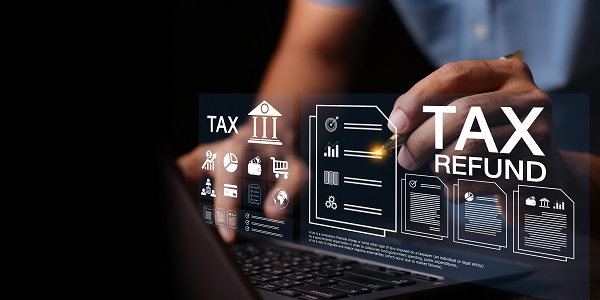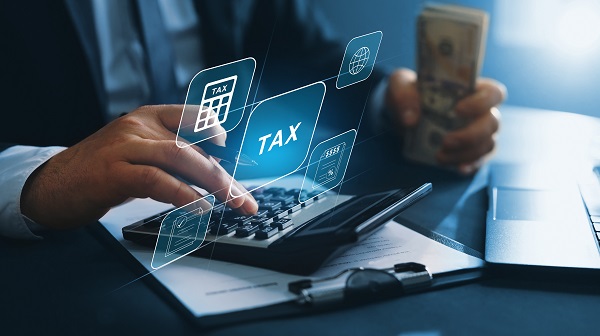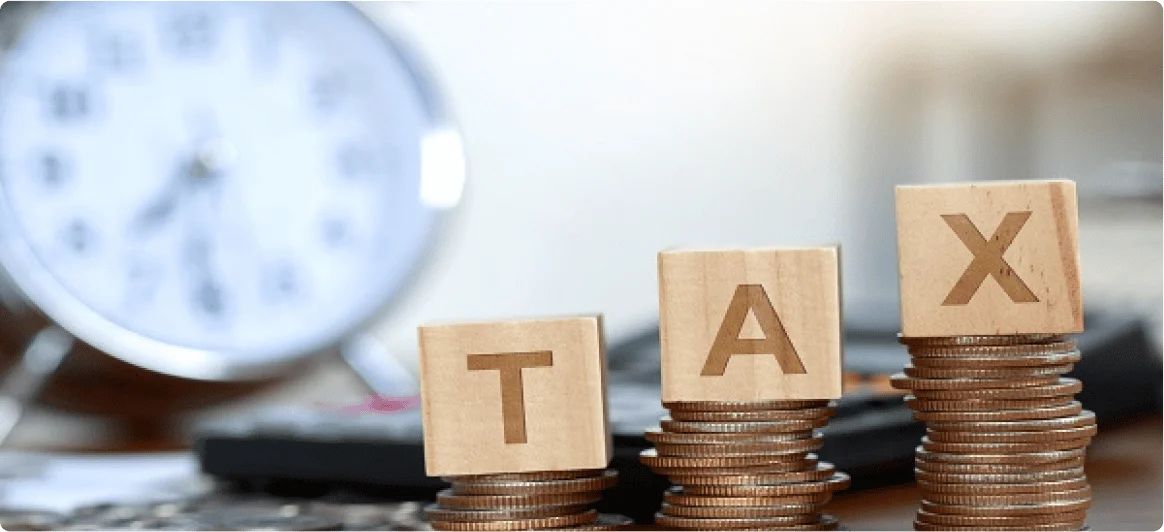
- March 12, 2024
When can the Application for a Refund be Made?
As per Article 49 of corporate tax Law, there may be instances where a taxable person has paid more than the corporate tax due under the law to the FTA through withholding or actual payment. In such a case, the taxable person can claim a corporate tax refund.
The Taxable Person may apply to the FTA for a refund in line with the requirements of the Tax Procedures Law in the following instances:
Withholding Tax Credit exceed Corporate Tax Payable
- If the withholding tax credit exceeds the corporate tax payable under the UAE CT Law
Corporate Tax Paid More Than Tax Actually Payable
- If the taxable person has paid corporate tax in excess of its corporate tax liability
Situations when Refund of Corporate Tax Not Available
There are some specific cases when a person can’t apply for a refund as mentioned below:
Amount of Tax disputed
- It finds that there are other disputed tax amounts in relation to that taxpayer
Taxable Person is subject to Tax Audit
- If the taxable person is subject to a tax audit, and the conditions set out in a decision of FTA’s board of directors have been met
Order of Competent Court
- In accordance with an order of the Competent Court
Revision of Application for Refund of Corporate Tax
Tax Refund Procedures defined as per cabinet Decision no. 74 of 2023 are mentioned below:
The Taxpayers entitled to a refund under the Corporate Tax Law can submit a formal application to the FTA in the form and manner determined by the Authority.
Upon receipt of the Refund application, the FTA will assess it within 20 business days from the submission date. This timeframe may be extended if additional information is required, with due notification to the taxpayer.
Upon approval of the refund application, the FTA will initiate the repayment process within 5 business days of notifying the taxpayer in accordance with the repayment mechanism determined by the Authority.
The FTA may defer processing a refund request if the taxpayer has outstanding tax returns. Once all due returns are submitted, the refund, including any resulting excess amount, will be processed.
Set-off and Intimation by FTA
The FTA shall set off the amount requested to be refunded against any non-disputed tax or administrative penalties payable by the applicant taxpayer before refunding any amount.
Case Study
Green Tech FZ, a Dubai Media City company, discovers they overpaid corporate tax due to qualifying R&D expenses. Here's how the revised refund process helps them:
- Eligibility Check: They confirm that R&D expenses qualify for a tax deduction, potentially leading to a refund.
- Application Submission: They gather documents (financial statements, tax calculations, R&D expense proof) and submit an electronic application through the FTA website (format defined by Decision No. 74).
- FTA Review: The FTA reviews the application within 20 business days (extendable) and may request additional information.
Possible Outcomes:
- Approval of Refund: If the claim is valid, the FTA initiates the refund process within five business days using their designated mechanism (e.g., bank transfer).
- Deferment of Refund: The FTA may defer the refund process date if additional clarity or documents are needed from Green Tech FZ.
- Denial of Refund: The FTA may deny the refund if R&D expenses don't meet deduction criteria. Also, for this FTA, we will provide a detailed explanation of the decision.
Seeking Professional Help for Claiming Refund of Corporate Tax
A tax consultant can be helpful in the following manner:
- Expertise in Tax Law: They stay updated on complex tax regulations and deductions and ensure the organisation’s refund claim aligns with current UAE Corporate Tax Law.
- Identifying Refund Opportunities: Their experience helps uncover potential deductions businesses might miss while applying for refund amounts.
- Streamlining the Process: They handle the application process efficiently and prepare all necessary documentation to minimise delays.
- Communication with FTA: They act as your intermediary and communicate effectively with the FTA on your behalf. They also resolve any questions or requests for clarification.
- Minimal Risk of Errors: Their expertise helps to avoid errors in your application and minimize the chance of rejection and potential penalties.
Conclusion:
The tax refund procedures mentioned within the UAE Corporate Tax Law establish clear guidelines for eligible taxpayers seeking refunds under specific circumstances, such as overpayment or withholding tax credits exceeding the original tax liabilities.
After the taxpayer's refund application is made, the Federal Tax Authority (FTA) conducts a thorough assessment within a defined timeframe and ensures transparency and adherence to regulations. After successful assessment and approval, refunds are promptly processed, but sometimes, they are also delayed if there are outstanding tax returns.
It's important to note that non-compliance with tax regulations may incur penalties. Furthermore, the FTA's authority to set-off refund amounts against outstanding tax or penalties emphasizes the government's commitment to maintaining fiscal integrity.
Overall, these procedures describe the UAE's dedication to a fair, efficient, and compliant corporate tax environment.
FAQ?
1. Are GAAR Provisions applicable for Refund of Corporate Tax?
Yes, GAAR (General Anti-Avoidance Rule) provisions can be applicable for claiming a refund of Corporate Tax under the UAE Corporate Tax Law.
When evaluating a refund request, the FTA will consider the primary purpose behind the transactions or arrangements leading to the overpayment. If the main goal was to take undue advantage of the tax refund procedures and to avail fake refund benefits, then in such case, a GAAR challenge will apply.
2. Is there any limit for the minimum refund amount?
No, the UAE Corporate Tax Law does not currently specify a minimum refund amount
3. Who shall make the application for the Refund?
A taxpayer shall apply for a refund.





